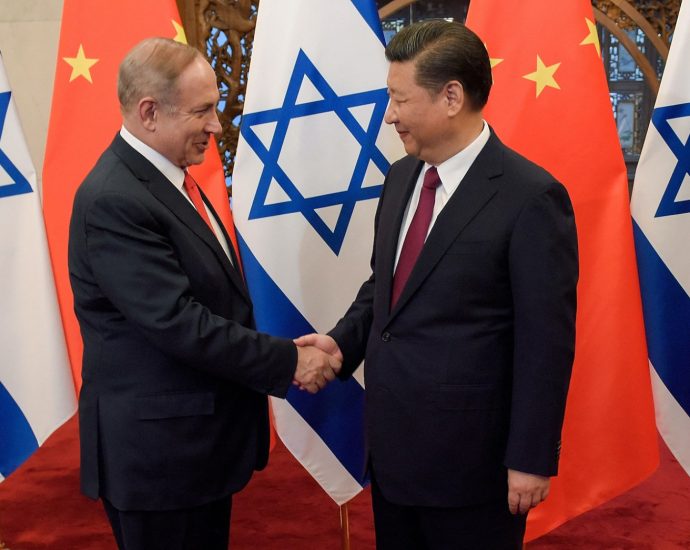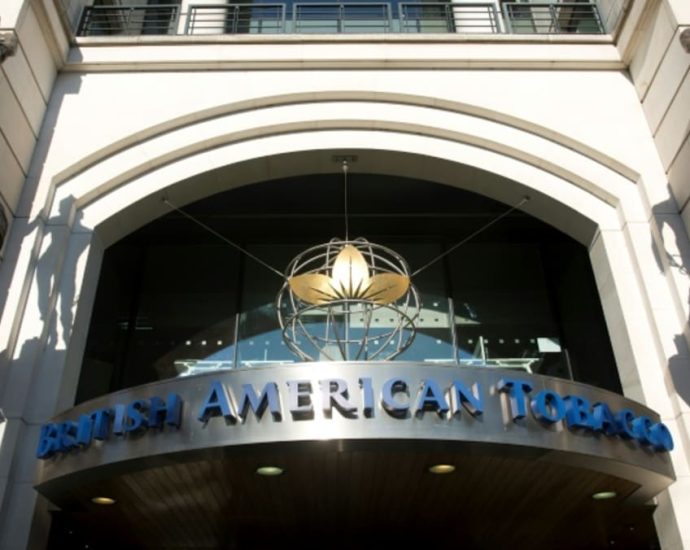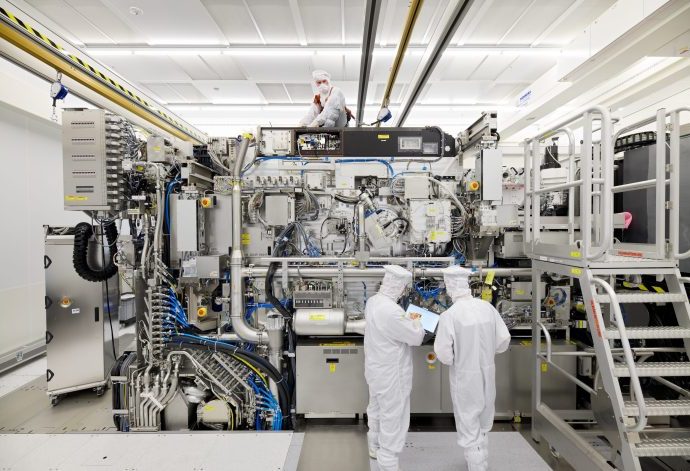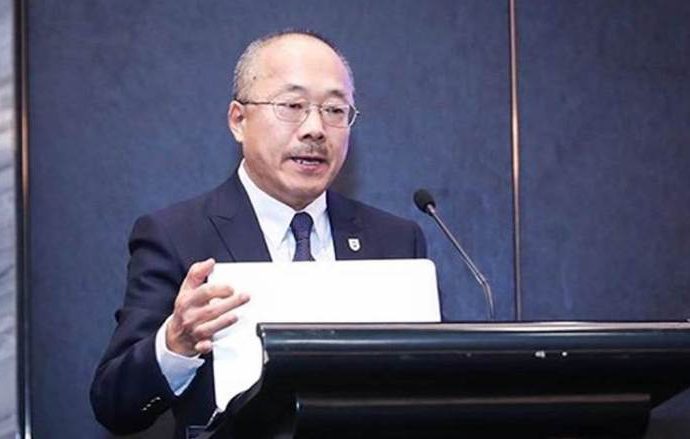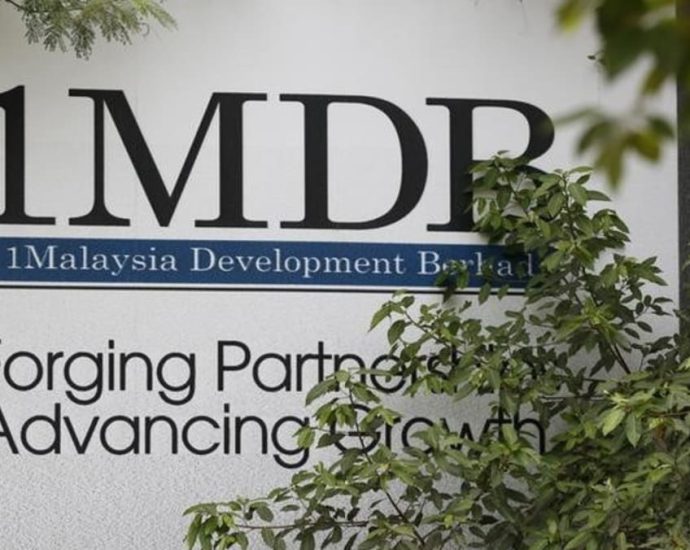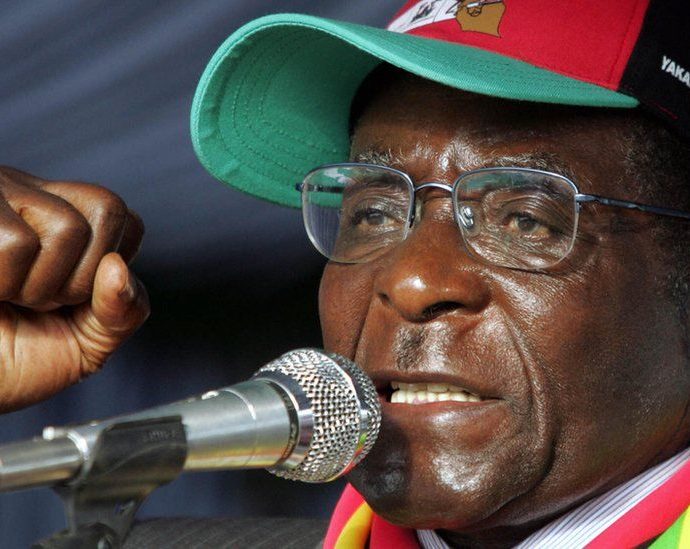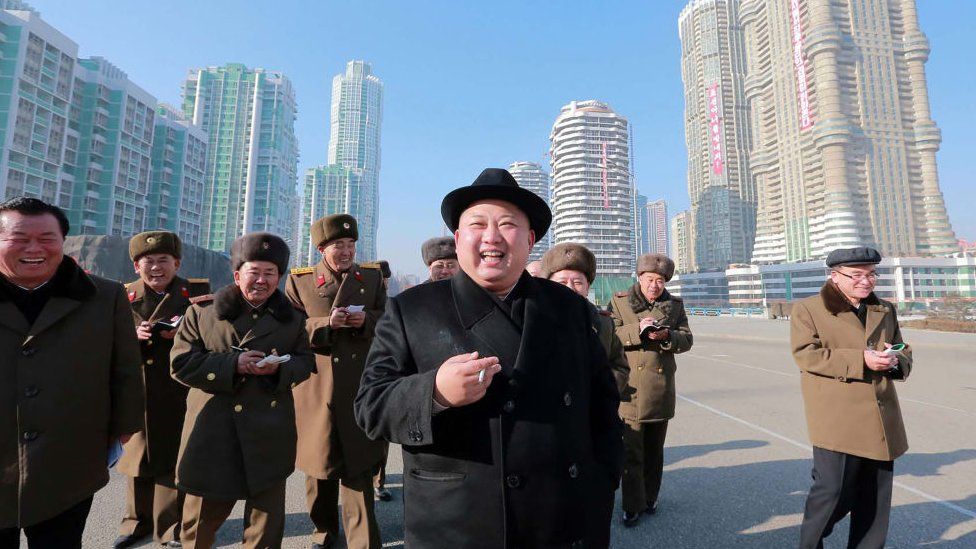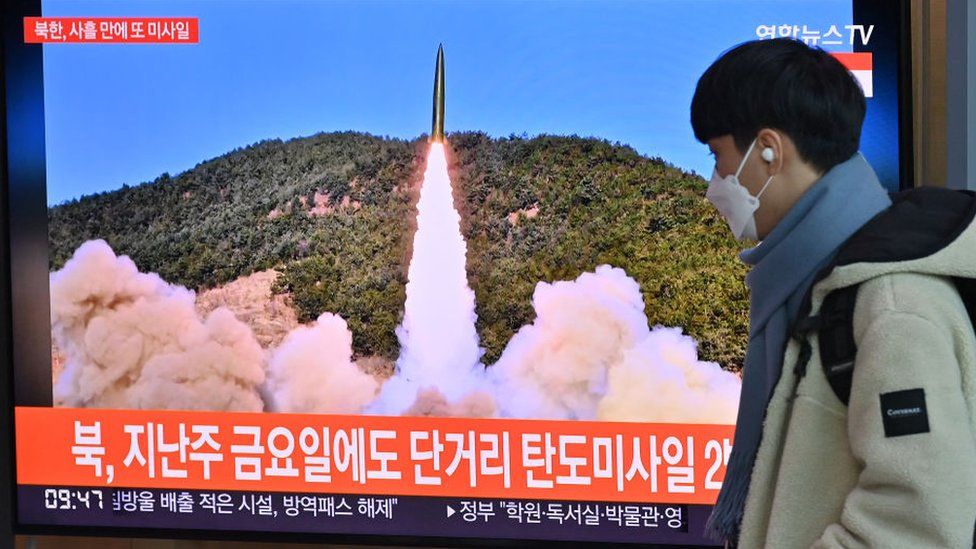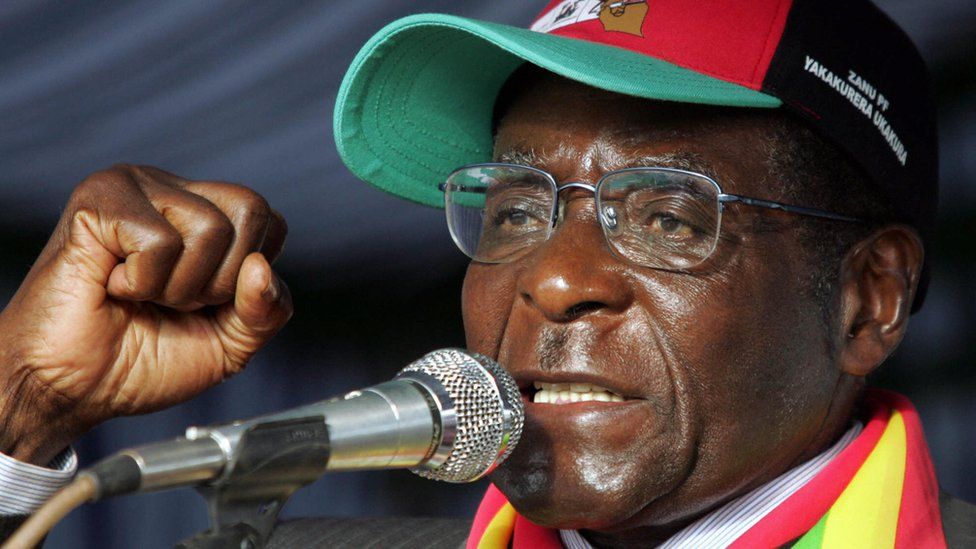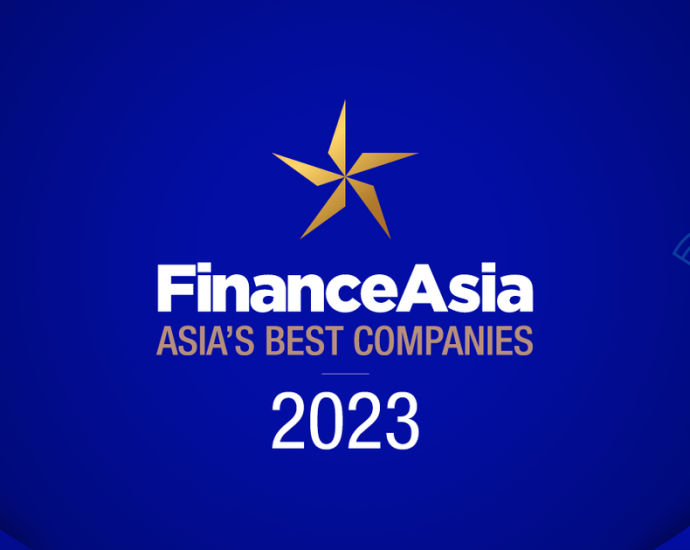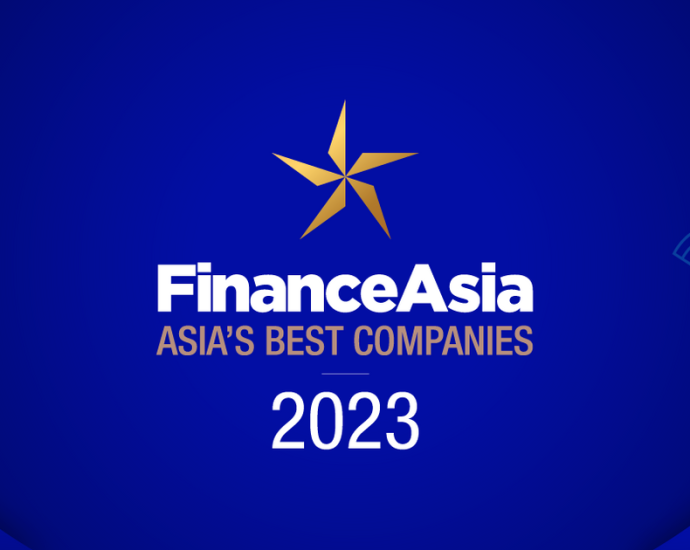High costs, lack of available technology among challenges facing maritime sector in decarbonisation pursuit
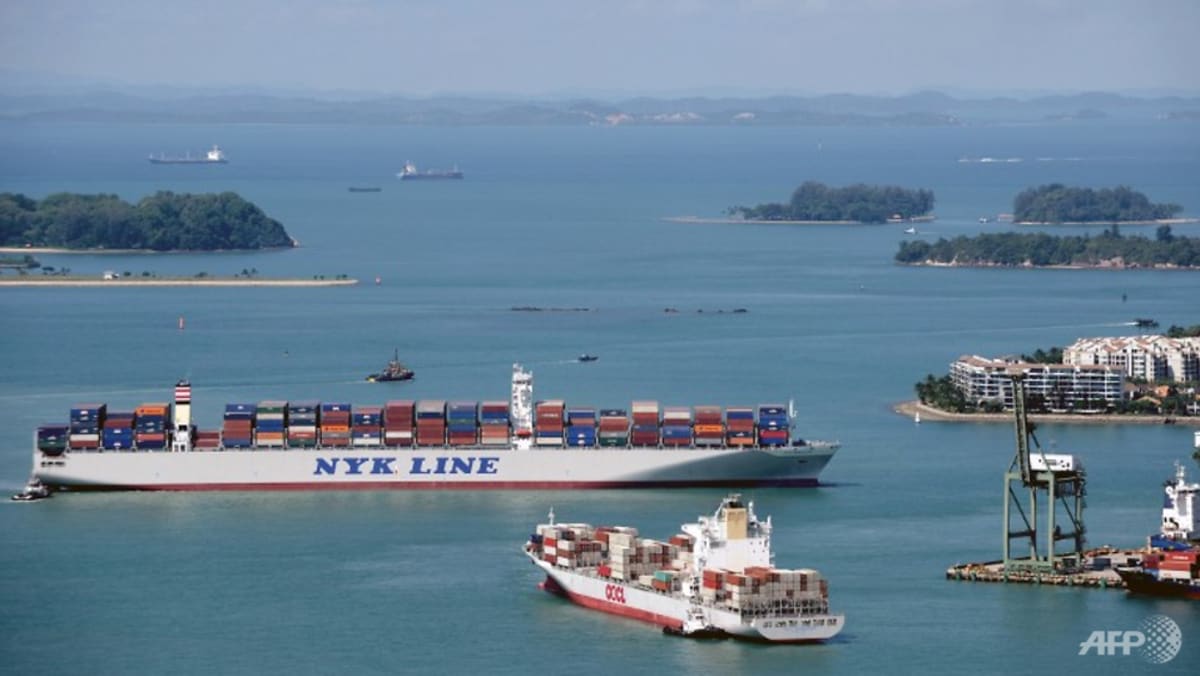
Ms Christensen also highlighted the importance for private companies, industry experts and policy makers to work together to discuss the specific challenges such as the technologies, financing structures and necessary regulation needed to take the sector forward.
FUTURE SOLUTIONS
Moving forward, the sector is also working on using ammonia as a potential new fuel, but there are many technical and operational gaps, she said.
“The supply chain doesn’t exist (and) the infrastructure doesn’t exist. It’s a new fuel, in fact, engines that burn ammonia don’t exist today. Ships that use ammonia don’t exist today,” explained Ms Loo.
“That said, I think the ecosystem is quickly coming together as well. We’ve moved from an era of declaring ambition to taking action.”
Ms Loo added that GCMD will later this week unveil its ammonia safety study for conducting a bunkering pilot in Singapore, to show that ammonia can be bunkered or transferred between vessels while mitigating the risks in the process.
It complements other similar studies done by organisations such as the Global Maritime Forum, the Getting to Zero Coalition and the Nordic Green Ammonia-Powered Ship (NoGAPS) project.
“So it’s by piecing these different kinds of pilots and studies together that again we can move the ecosystem along towards being able to use ammonia as a fuel,” said Ms Loo.


